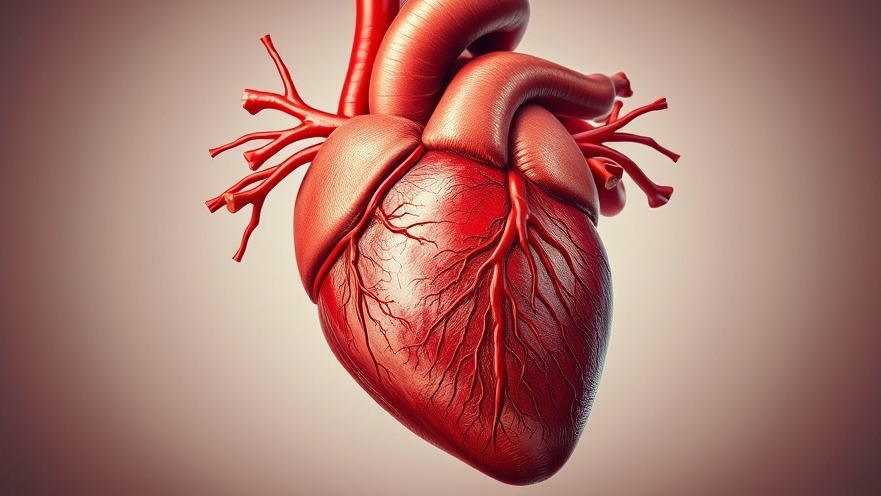
Your Heart’s Best Friend: The Power of Vitamin C
When it comes to heart health, there’s one nutrient standing tall in the spotlight: Vitamin C. Recent discussions in the health community reveal that lipoproteins play a crucial role in cardiovascular conditions like atherosclerosis. These little carriers transport cholesterol and triglycerides through our bloodstream, influencing our heart's fate.
The Role of Antioxidants
Vitamin C is renowned for its powerful antioxidant qualities. It’s like a shield for our arteries, protecting them against the damaging effects of oxidative stress—a leading cause of heart disease. Interestingly, many animals can produce their own Vitamin C from glucose, leading to higher levels of this vital nutrient circulating in their systems. This natural synthesis correlates with lower instances of heart disease in these species.
Humans: A Unique Case
Evolution has left us humans at a disadvantage in this regard; we lost the ability to synthesize Vitamin C many years ago. Because of this, we must rely on dietary sources, such as fresh fruits and vegetables, to get our required intake. Unfortunately, studies show that many of us still fall short, often not consuming enough produce. This deficiency could increase your risk of developing serious cardiovascular issues over time.
What Does This Mean for You?
The consequences of suboptimal Vitamin C levels shouldn't be overlooked. A diverse diet rich in fruits and vegetables is essential for maintaining optimal heart health. Citrus fruits, bell peppers, and leafy greens are excellent sources. Consider adding a colorful array to your meals; not only do they enhance the visual appeal of your dishes, but they also boost the nutritional value!
Practical Tips to Increase Your Vitamin C Intake
Integrating more Vitamin C into your diet can be both simple and delicious. Here are some practical, actionable insights to get you started:
Morning Boost: Start your day with a glass of orange juice or a smoothie packed with berries and spinach.
Snack Smart: Opt for sliced strawberries, kiwi, or a handful of cherries as a midday snack instead of processed options.
Enhance Your Meals: Sprinkle some fresh herbs like parsley or cilantro over your dishes or salads for added flavor and nutrients.
The Future of Heart Health
Emphasizing the importance of Vitamin C could reshape how we view heart disease prevention. As more people become aware of the dangers of inadequate Vitamin C intake, a potential shift in dietary trends toward more plant-based, nutrient-rich foods may follow. This could lead to healthier populations and a decrease in cardiovascular diseases.
In Closing
While the science surrounding Vitamin C and cardiovascular health continues to advance, one truth remains clear: prioritizing your intake of this vitamin can be a simple yet powerful step toward heart wellness. By incorporating more fruits and vegetables into your diet, you’re not just feeding your body; you’re nurturing your heart.
 Add Row
Add Row  Add
Add 




Write A Comment